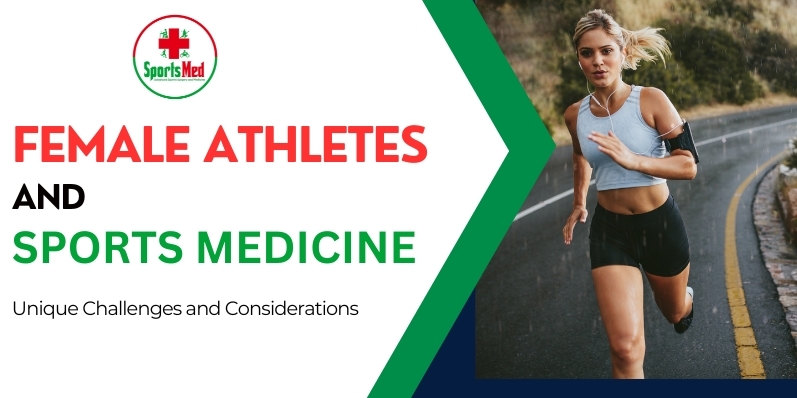
Female Athletes and Sports Medicine: Unique Challenges and Considerations
Introduction
The world of sports has seen a significant rise in female participation over the years. As more women enter the competitive arena, the need for specialized care tailored to their unique physiological and psychological needs becomes increasingly apparent. Sports medicine for female athletes is a rapidly evolving field that addresses specific challenges and considerations to ensure optimal performance and well-being.
Physiological Differences
Female athletes face distinct physiological challenges compared to their male counterparts. These differences can impact their training, injury risk, and recovery. Some key considerations include:
-
Hormonal Fluctuations:Hormonal changes throughout the menstrual cycle can influence muscle strength, bone density, and overall performance. Conditions like amenorrhea and polycystic ovary syndrome (PCOS) can also affect athletic performance.
-
Bone Health:Female athletes, particularly in sports that involve repetitive impact, are at a higher risk of developing stress fractures and osteoporosis due to differences in bone structure and metabolism.
- Energy Balance: Maintaining adequate energy intake is crucial for female athletes to prevent conditions like the female athlete triad, which involves disordered eating, amenorrhea, and osteoporosis.
Common Injuries
Female athletes are prone to specific injuries due to anatomical and biomechanical factors. These include:
-
Anterior Cruciate Ligament (ACL) Tears: ACL injuries are more common in female athletes, particularly in sports that involve cutting, jumping, and pivoting.
-
Stress Fractures: Repetitive stress on bones can lead to stress fractures, especially in sports like running and dancing.
-
Concussions: Head injuries, including concussions, are a concern for female athletes, and proper management is essential for their long-term health.
Psychological Factors
The psychological demands of athletic competition can be significant, and female athletes may face unique challenges in this area. Factors such as body image issues, pressure to perform, and the stress of balancing academics or careers with athletics can impact mental health.
Specific Considerations for Female Athletes
-
Pregnancy and Athletics: Female athletes who become pregnant may have questions about continuing their training and competing. It is essential to consult with healthcare professionals to ensure a safe and healthy pregnancy.
-
Menstrual Cycle and Performance: Understanding the impact of the menstrual cycle on performance can help female athletes optimize their training and recovery.
-
Body Image and Eating Disorders: Promoting a healthy body image and addressing eating disorders is crucial for female athletes' well-being.
-
Access to Care: Ensuring that female athletes have access to qualified healthcare providers who specialize in sports medicine is essential for addressing their unique needs.
Conclusion
Sports medicine for female athletes is a vital aspect of ensuring optimal performance and well-being. By addressing the unique physiological, psychological, and social challenges faced by female athletes, healthcare professionals can help them achieve their goals and maintain a healthy lifestyle.